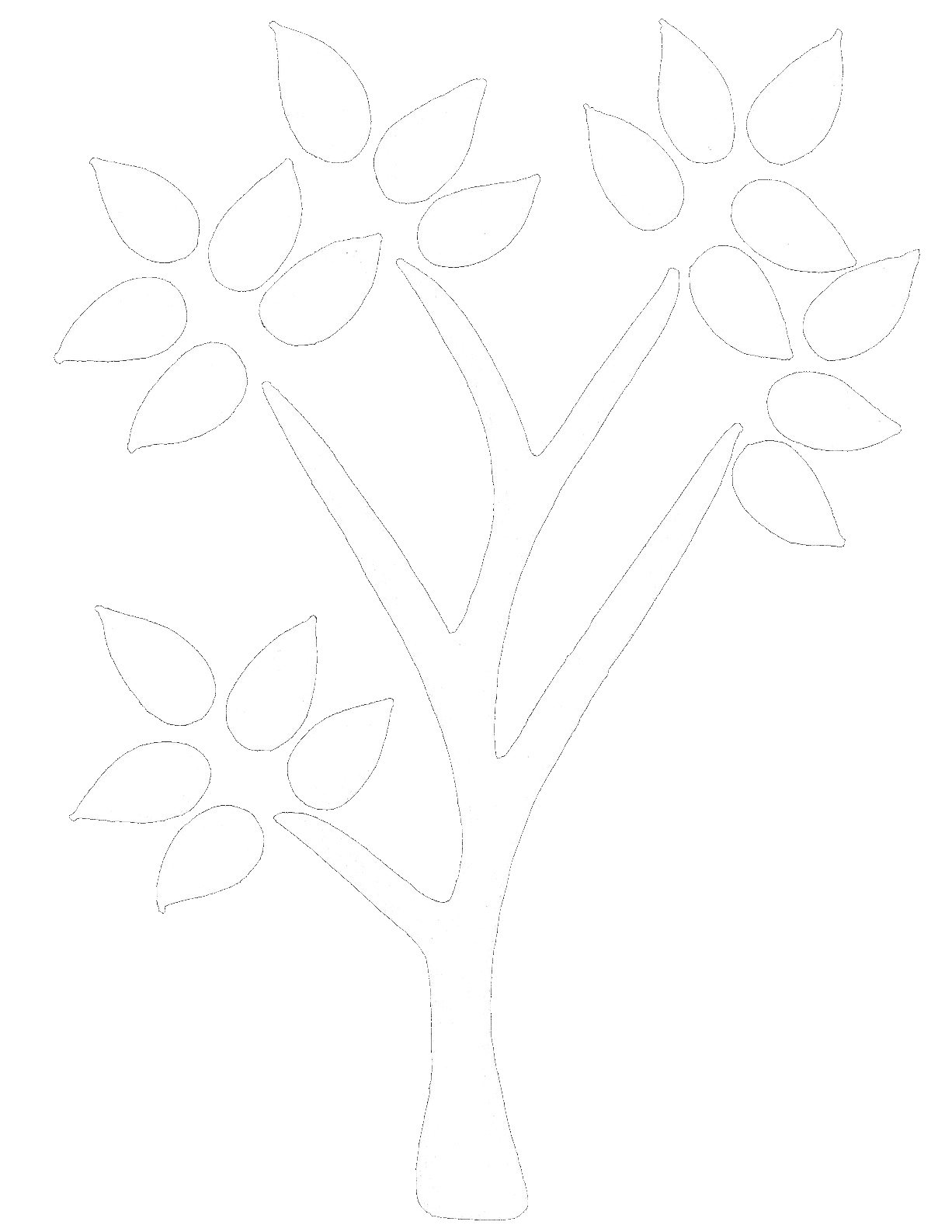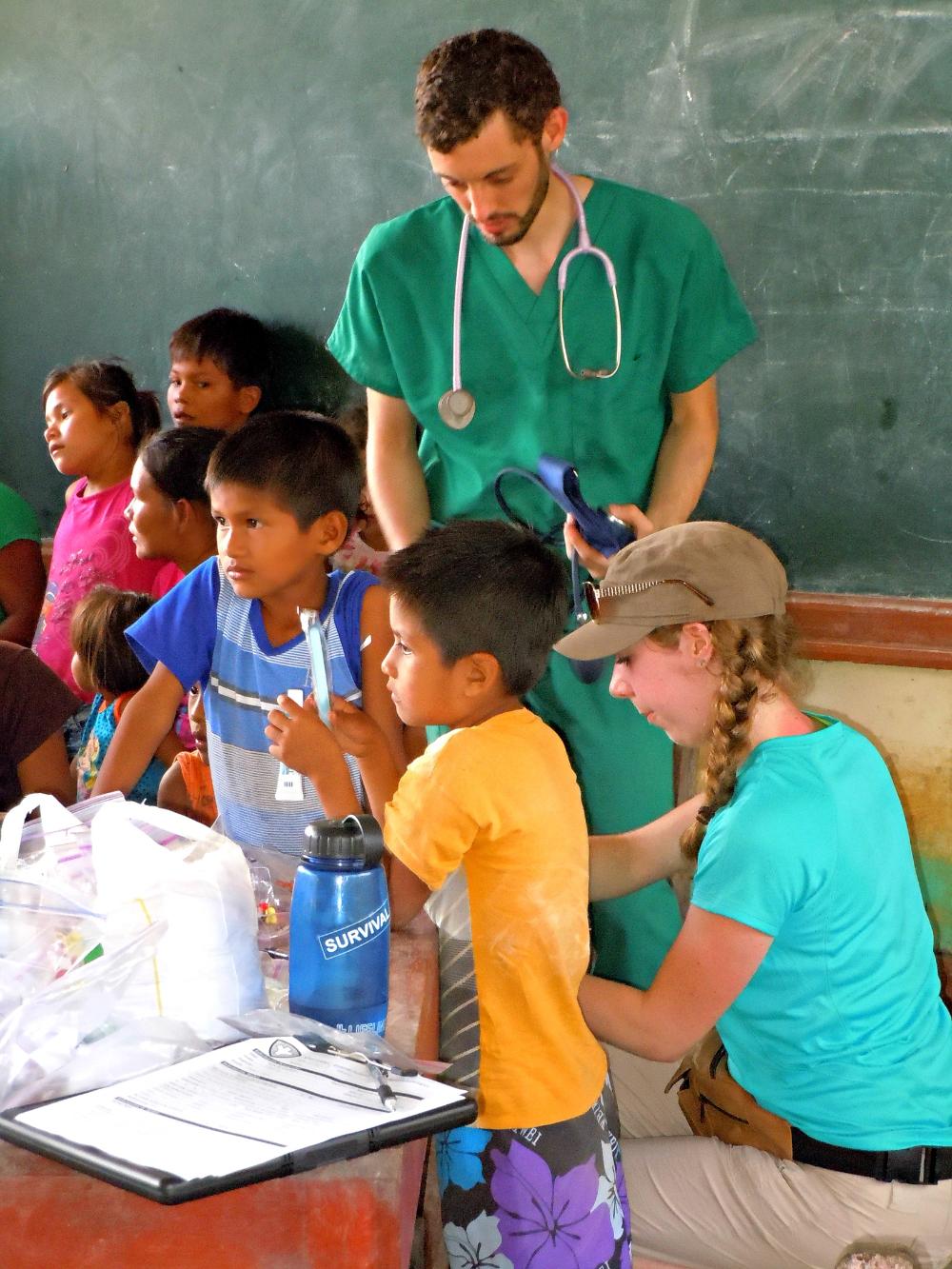1) Meeting Immediate Health Needs
Dentistry:
We have dental partners based out of the city of Iquitos who have served the Amazonian people on short-term dental missions for many years. Dr. Rudy & Dr. Perez are the primary dentists that we regularly work with. They are dentists both born and raised in the city of Iquitos who have a passion for serving their neighbors. In each village, we not only are able to do health teaching on proper oral hygiene and give out what will be for some their very first tooth brush, but also set-up a triage dental clinic in each community.
Medical Care Clinics:
Although there is a stand alone clinic in Iquitos that we use in partnership with People of Peru Project, we also travel into the jungle. At each location our teams set up a short-term medical clinic, complete with a triage, pharmacy, vision, and medical treatment areas. The organization of the clinic is instrumental to the success of medical treatment. Each team member is able to experience each station and help meet different needs of the patients. Over the years we have seen thousands of patients come through the doors of our clinics, and you can tell by their gratitude that, a small wooden structure and a few malleable hearts have the capability of transforming lives and answering prayers for many. An important factor with this is that although we are a religious organization, patients are not required to discuss religion in any way to receive care. We hope people see the grace of Christ through our actions rather than through words alone.
2) Partnering with Local Missionaries to Further Spread the Gospel
St. Francis of Assisi said, “Always preach the Gospel; when necessary use words.” By caring for the physical needs of people, the love and compassion of God is made manifest in places where the name of Jesus has never before been heard. Missionaries from Iquitos often accompany our teams into every village and talk with people as they wait to be seen in the clinic.
Thus, providing free healthcare functions not only as an inlet for the missionaries to make first introductions and begin building relationships with the people in villages, but functions as an act of goodwill that begins to build trust with the people in the villages. Those relationships turn into life-changing conversations, new believers, and the seeds of new churches springing up throughout the rainforest! God’s Spirit is at work in the Amazon Rainforest in amazing ways! Churches are being planted in people groups that years before had never seen a Bible or heard God’s name spoken aloud. Praise God for his faithfulness to his people; and he allows us as doctors, dentists, professionals, and students, to be the hands and feet that go in and speak of his love with compassion, a caring touch, and a desire to serve.
3) Children's Ministry
After each clinic, we try to ensure that our teams have the opportunity to support the children of the villages. We guarantee it’s the most fun we have ever had, and the most memorable moments getting dog-piled by children who are excited to have someone to play with! The team members also perform skits that teach about God’s love, sing songs in Spanish with crazy hand-motions, blow bubbles, jump rope, draw some pretty spectacular sidewalk chalk masterpieces, braid hair, play soccer, and hand out crayons and coloring sheets of Bible characters as the kids hear Bible stories being read aloud! It is all about building relationships and showing children our God is greater than our biggest concerns, roadblocks, and failures.
4) Health Teaching & Sustainable Healthcare Development
On previous trips to the Amazon Rainforest providing immediate relief for physical needs of the people, we have seen a much larger problem; short term solutions aren't sustainable fixes for largely long term problems. We distribute anti-parasitic medications to children with bellies swollen, full of worms, but we knew in a few short months of drinking river water after the medication ran out, the parasite infestation would be back.
What's really needed is sustainable healthcare development that liberates the Amazonian people from dependence on outside support and breaks the cycle of disease. In this case, instead of giving antiparasitics as a short-term fix, we need to be teaching the concept of germs, contagion transmission, personal hygiene and sanitation, and the importance of boiling water.
As opposed to some aid/relief- oriented medical missions models, The Rural Amazonian Health Initiative is now composing an interdisciplinary team of dentists, doctors, physician assistants, nurse practitioners, registered nurses, emergency medical technicians, public health professionals, and university students to focus on both immediate health needs of the Amazonian indigenous peoples, as well as sustainable healthcare development of the region (working from a development-oriented model) with emphasis on healthcare teaching. Teaching topics have been formulated by those living in the region, born out of a relationship with the people, a knowledge of the culture, and the educational needs encountered during daily living. Curriculum has then been finalized by a group of public health epidemiologists, graduate students, and community health advocates from Wright State University to ensure that the topics and protocols would be suitable and focused for the population.

